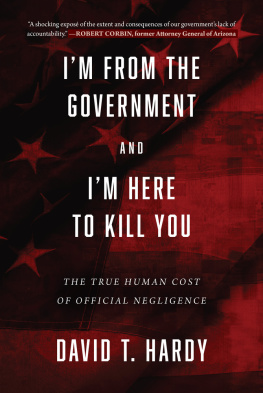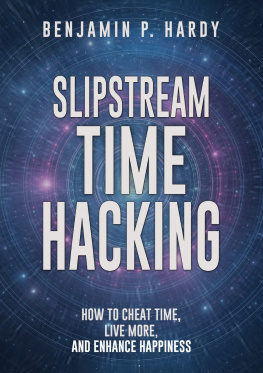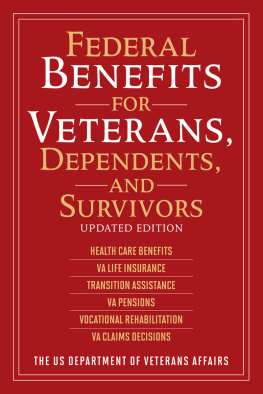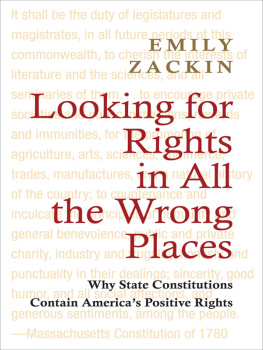Copyright 2017 by David T. Hardy
All rights reserved. No part of this book may be reproduced in any manner without the express written consent of the publisher, except in the case of brief excerpts in critical reviews or articles. All inquiries should be addressed to Skyhorse Publishing, 307 West 36th Street, 11th Floor, New York, NY 10018.
Skyhorse Publishing books may be purchased in bulk at special discounts for sales promotion, corporate gifts, fund-raising, or educational purposes. Special editions can also be created to specifications. For details, contact the Special Sales Department, Skyhorse Publishing, 307 West 36th Street, 11th Floor, New York, NY 10018 or .
Skyhorse and Skyhorse Publishing are registered trademarks of Skyhorse Publishing, Inc., a Delaware corporation.
Visit our website at www.skyhorsepublishing.com.
10 9 8 7 6 5 4 3 2 1
Library of Congress Cataloging-in-Publication Data is available on file.
Jacket design by Rain Saukas
Jacket illustrations: iStockphoto
Print ISBN: 978-1-5107-2226-2
Ebook ISBN: 978-1-5107-2227-9
Printed in the United States of America
CONTENTS

INTRODUCTION
THE KING CAN DO NO WRONG

T HE U NITED S TATES WAS ESTABLISHED BY the Declaration of Independence, a document whose central theme was the official wrongdoing of the King of England and his servants. The leaders of the colonies declared that Americans had rights to life, liberty, and the pursuit of happiness and accused King George of repeated injuries and usurpations that made him unfit to be the ruler of a free people. The Declaration itemized King Georges long train of abuses and usurpations, including that he had sent hither swarms of officers to harass our people and eat out their substance, had obstructed the administration of justice, and had plundered our seas, ravaged our Coasts, burnt our towns, and destroyed the lives of our people.
The proposition that a king, a government, can do wrong is central to the Declaration, Americas foundational document. So how did America get to a situation where government employees, public servants, can kill by sheer sloppiness and walk away? Where an agency can level a town and kill six hundred citizens and escape all responsibility? Where a federal agency can run guns to Mexican drug cartels, causing hundreds of deaths on both sides of the border, and wash its hands of the matter? Where veterans can die awaiting doctors appointments, and the hospital administrators can collect their bonuses and walk away?
Answering these questions requires a brief look at legal history. English common law developed the concept of sovereign immunity, commonly expressed as the King can do no wrong. But common-law sovereign immunity was actually a narrow concept. A subject could not sue or prosecute the king, but could take legal action against anyone carrying out the kings orders. Americans could better hold their government accountable when they were ruled by George III than they can today!
As the great English jurist William Blackstone expressed the concept two centuries ago, drawing a line between the king and the government:
The King can do no wrong. Which ancient and fundamental maxim is not to be understood as if everything transacted by the government was of course just and lawful, but means only two things: First, that whatever is exceptionable in the conduct of public affairs is not to be imputed to the King, nor is he answerable for it personally to the people. And secondly, it means that the prerogative of the Crown extends not to do any injury; it is created for the benefit of the people and therefore cannot be exerted to their prejudice
Therefore, in English law, the government and its employees can do wrong; it is only the king who cannot. Blackstone continued, The King, moreover, is not only incapable of doing wrong, but even of thinking wrong: he can never mean to do an improper thing. Since the king cannot even think of doing wrong, a government official could not plead, I was just following orders. The courts would not let a royal employee claim that the king gave an illegal or wrongful order, so the full blame must fall upon those lower officials who harmed his subjects. Thus, after the Boston Massacre, the Massachusetts colonists had no trouble prosecuting redcoats for homicide; thus, their English hero, John Wilkes, successfully sued Lord Halifax for illegal arrest even though George III had personally ordered Halifax to have Wilkes arrested. As one American colonist put it, If the King can do no wrong, his ministers may; and when they do wrong, they should be hanged.
How strongly our ancestors, and their opponents, felt about this can be gauged from their reactions to the prosecutions of soldiers after the Boston Massacre, when Massachusetts charged nine redcoats with murder and convicted two of manslaughter. Even George III and his Parliament did not feel they could go so far as to forbid such local prosecutions. They did pass the Administration of Justice Act, which allowed Massachusettss colonial governor to transfer a prosecution of a Crown servant to another colony, or to England, if he felt the servant could not get a fair trial in Massachusetts.
A colony could still prosecute royal officials for murder, but the idea that the officials could get a change of venue so outraged the colonists that they labeled this law one of the Intolerable Acts and condemned it in the Declaration of Independence: King George III had protected his soldiers by a mock Trial, from punishment for any Murders which they should commit on the Inhabitants of these States.
T HE A MERICAN E XPERIENCE : O UR O WN C OURTS C REATE B ROAD S OVEREIGN I MMUNITY
One might have thought the premise the King can do no wrong would have no application in a nation with no king, but that is not how things turned out. Indeed, by the time our courts finished, they had immunized government officials high and low from liability for any wrongful injuries they inflicted upon the citizens who paid their salaries.
In the early U.S. courts, the issue of sovereign immunity rarely arose, probably because the main civilian federal functionsrunning post offices, issuing land grants, and handling military pensionswould seldom generate lawsuits for damages. In an 1834 Supreme Court case, Chief Justice John Marshall noted (with no citation of legal authority) that the United States are not suable of common right, but allowed the suit since Congress had consented to it.
Sovereign immunity briefly came under question in 1882, when the Supreme Court allowed the heirs of Robert E. Lee to sue over the wartime confiscation of his Arlington, Virginia, estate, where the Arlington National Cemetery is now located. In United States v. Lee
This understanding did not last. Fourteen years later, the Courts composition had changed: of the five Justices who had ruled for the Lee family, only one was
In parallel with civil immunity, the Supreme Court gave federal officials blanket immunity with regard to criminal matters. In 1890, the Court ruled that California could not prosecute a Deputy U.S. Marshal who, while guarding a Supreme Court Justice, fatally shot an unarmed man. The person shot was attorney David Terry, former Chief Justice of the California Supreme Court. He had been angered by Justice Stephen Fields ruling in a case involving Terrys wife. Both jurists were early pioneers and no strangers to violence; indeed, Field had jailed Terry for contempt, after Terry punched out a Marshal and drew a bowie knife in Fields courtroom. Encountering Field in a train station restaurant, Terry slapped him in the face, and Marshal David Neagle shot Terry down. Neagle claimed that Terry had put his hand into his coat and he feared that Terry was drawing a bowie knife. Terry turned out to be unarmed, and California authorities apparently doubted the Marshals story. Both Neagle and Justice Field were arrested on murder charges, although Fields prosecution was later quietly dropped.
















